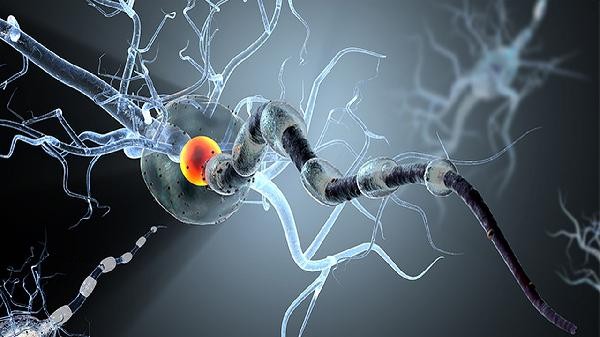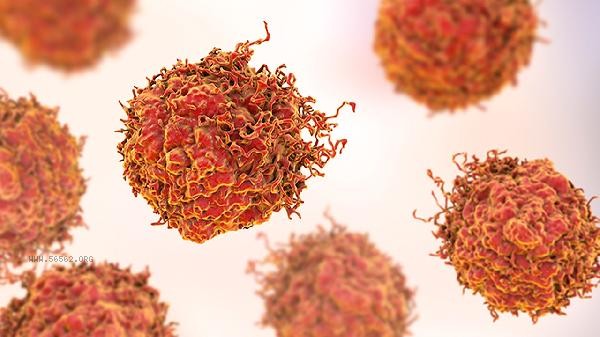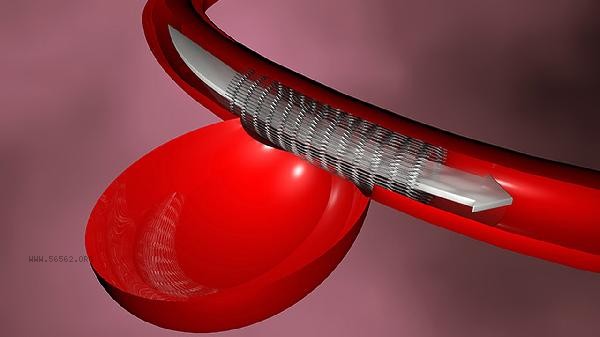Licorice is not suitable for everyone to consume. It should be used with caution or prohibited for individuals with weak spleen and stomach, hypertension, hypokalemia, pregnant women, and infants. The components such as glycyrrhetinic acid in licorice may have anti-tumor effects, but the specific effects still need further research and verification.

1. For those with weak spleen and stomach [SEP], licorice has a sweet and flat taste, and can regulate the spleen meridian. It has the effect of tonifying the spleen and nourishing qi, but excessive consumption may increase the burden on the spleen and stomach. People with weak spleen and stomach have poor digestive function, and long-term and excessive use of licorice may worsen symptoms such as bloating and loss of appetite. If this group of people need to use licorice, the dosage should be strictly controlled under the guidance of a doctor, and other spleen strengthening drugs such as Shen Ling Bai Zhu San and Xiang Sha Liu Jun Wan should be used for conditioning.
2. The glycyrrhizic acid component in licorice of hypertension patients
has an aldosterone like effect, which may lead to water sodium retention and elevated blood pressure. Long term use of licorice preparations by hypertensive patients may interfere with the effectiveness of antihypertensive drugs and increase cardiovascular risk. Traditional Chinese patent medicines and simple preparations containing liquorice is common in clinic, such as compound liquorice tablet, diammonium glycyrrhizinate capsule, etc. Hypertension patients need to consult a doctor before use.
3. Hypokalemia patients
The sodium preserving and potassium eliminating effects of licorice may lead to or exacerbate hypokalemia, resulting in symptoms such as muscle weakness and arrhythmia. Long term users of licorice preparations should regularly monitor their blood potassium levels and, if necessary, cooperate with potassium supplementation therapy. For individuals who already have a tendency towards low potassium, medication containing ammonium glycyrrhizinate, zinc glycyrrhizinate, and other ingredients should be avoided.
4. Pregnant women

The hormone levels in pregnant women vary greatly, and the steroid like effects of licorice may affect fetal development. Especially in the middle and late stages of pregnancy, taking a large amount of licorice may increase the risk of premature birth and abnormal fetal development. Pregnant women must undergo evaluation by an obstetrician before using any medication or health supplement containing licorice ingredients.
5. Infants and young children
Infants and young children have incomplete liver and kidney function development, and have weak metabolic ability for active ingredients in licorice. Excessive intake may lead to pseudo aldosteronism, manifested as symptoms such as edema and hypertension. Children under three years old should avoid using licorice and cough syrup containing licorice. Regarding the anti-tumor effect of licorice, existing studies have shown that its active ingredients such as glycyrrhizic acid and glycyrrhetinic acid may exert their effects through mechanisms such as inhibiting tumor cell proliferation, inducing apoptosis, and regulating immunity. However, the anti-tumor effect is closely related to the dosage and extraction method, and it is difficult for ordinary consumption to achieve therapeutic concentrations. Cancer patients should not take licorice on their own as a substitute for regular treatment. Licorice should be used as an adjuvant therapy under the guidance of an oncologist. When using licorice in daily life, healthy individuals should also pay attention to controlling the dosage, and continuous use should not exceed 4-6 weeks to avoid adverse reactions. Maintain a light diet during use, increase intake of potassium rich foods such as bananas and spinach, and regularly monitor blood pressure and electrolyte levels.










Comments (0)
Leave a Comment
No comments yet
Be the first to share your thoughts!